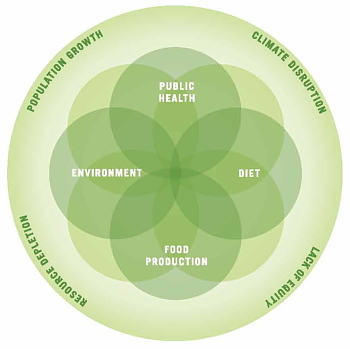ENGAGE WITH JAFSCD!
Sign Up for Email Notifications
______________________________________
SHAREHOLDERS ONLY
Submit a Shareholder Commentary
______________________________________
CONTACT JAFSCD
General Inquiries: info@lysoncenter.org
Editor in Chief: duncan@lysoncenter.org
______________________________________




 A leader in research, education, policy, and advocacy, the CLF serves as a critical resource for advocates, policymakers, educators, and students. Its core programs integrate research, education, policy, and outreach in four program areas linked to public health: food production, food communities, food system sustainability, and food system policy. The Center's work is driven by the certainty that we must understand the connections among all four program areas in order to fulfill the right to food.
A leader in research, education, policy, and advocacy, the CLF serves as a critical resource for advocates, policymakers, educators, and students. Its core programs integrate research, education, policy, and outreach in four program areas linked to public health: food production, food communities, food system sustainability, and food system policy. The Center's work is driven by the certainty that we must understand the connections among all four program areas in order to fulfill the right to food.
 Through classes, practical training, community engagement, and research projects our
Through classes, practical training, community engagement, and research projects our 















